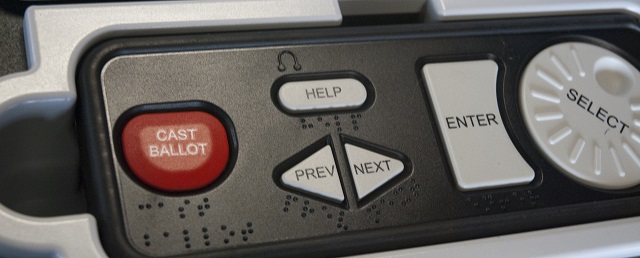It is no surprise that many feel they are living in a murky political system in which their voices are heard only while the election campaigns are underway, and then only within the boundaries of a political agenda that they have no influence over. It’s a democracy that we can call “weak”.
In the decades in which democracy has grown ever feebler, something else involving vast numbers of citizens has been on the march – namely the spread of the digital revolution, which initially concerned only the developed world, and then went out to the rest of the planet.
More and more of us, armed with computers, have begun to use the Internet to communicate, to organise, to express our opinions, to learn new things and so much more. They are now millions who have learned – reacting, if a little confusingly, to the weakness of democracy – to inquire independently. They wish to participate and they demand transparency. As is clear from all the forums throughout Europe, their activities online are an upsurge from below that is not immune to superficiality or paranoia, but which bears a healthy sense of criticism and a desire to get back to the sources and to rethink fundamental questions for themselves. They are easy to mock, these arguments, but, we should remember, they are not so very different from the arguments that gave birth to modernity, starting with the English revolution.
But while more and more people have been getting together on the web to inquire, discuss and organise themselves, the political parties have been ignoring – and, for a good many of them, continuing to ignore – the transformation that is taking place in millions of potential voters (especially younger ones).
* Pressurope.eu | Read the whole article here.






Be the first to comment on "Cyber-democracy comes to Europe"